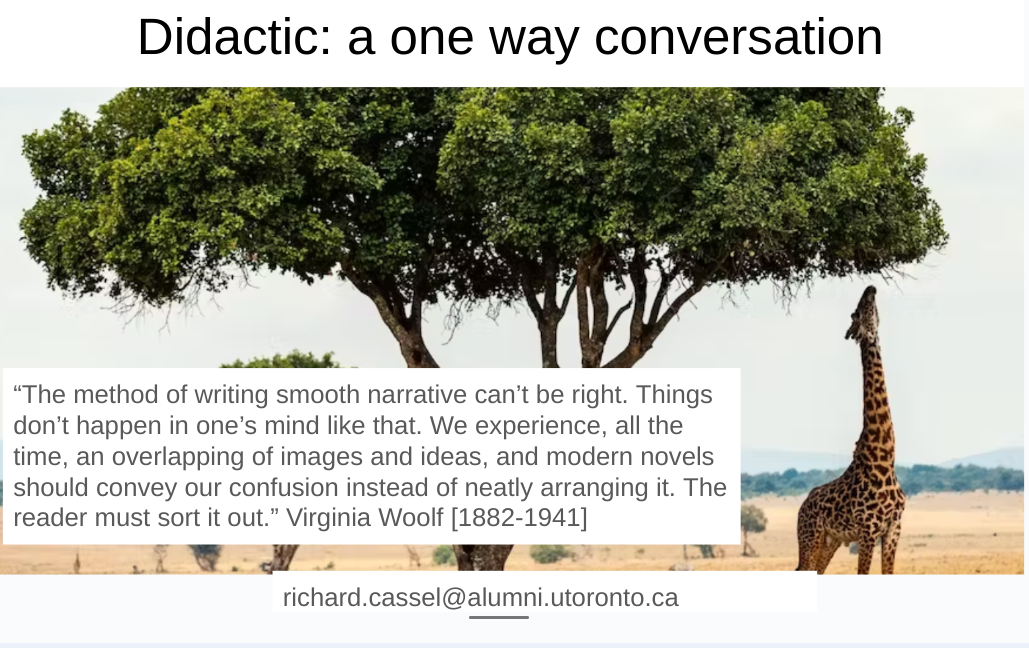
Oakum-picking involved teasing fibres out of old hemp ropes for re-use in ship-building. Image source here.
They are washed with plenty of hot and cold water and soap, and receive six ounces of bread and a pint of gruel for supper; after which, their clothes being taken to be cleaned and fumigated, they are furnished with warm woollen night-shirts and sent to bed. Prayers are read by Scripture-readers; strict order and silence are maintained all night in the dormitory...The bed consists of a mattress stuffed with coir, a flock pillow, and a pair of rugs. At six o'clock in the morning in summer, and at seven in winter, they are aroused and ordered to work. The women are set to clean the wards, or to pick oakum; the men to break stones, but none are detained longer than four hours after their breakfast which is of the same kind of quantity as their supper. Their clothes, disinfected and freed of vermin, being restored to them in the morning, those who choose to mend their ragged garments are supplied with needles, thread, and patches of cloth for that purpose. If any are ill, the medical officer of the workhouse attends to them; if too ill to travel, they are admitted to the infirmary.From Niall Ferguson's The Ascent of Money, p. 200
The first system of compulsory state health insurance and old age pensions was introduced in Germany by Otto von Bismarck [1815-1898] whose aim was "to engender in the great mass of the unpropertied the conservative state of mind that springs from the feeling of entitlement to a pension." In Bismarck's view, "a man who has a pension for his old age is ... much easier to deal with than a man without that prospect."
